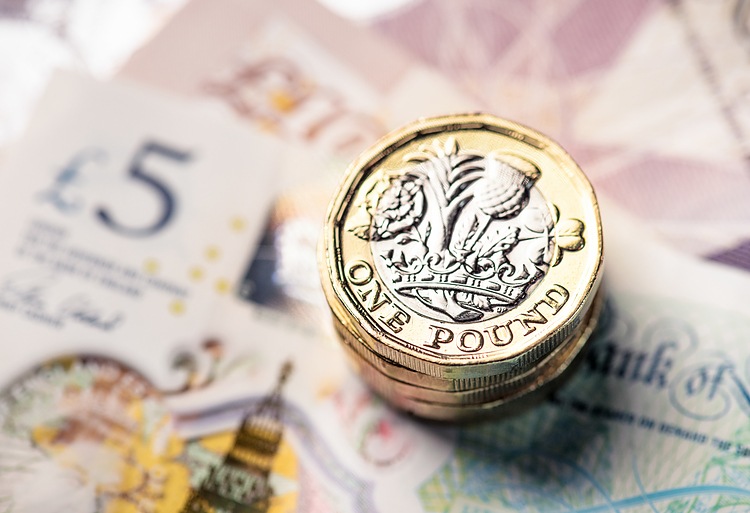GBP/JPY stages a solid recovery on Monday after hitting a one-week low earlier in the day. A mix of factors, including weakening Japanese Yen due to comments from Japan’s incoming Prime Minister and support for the British Pound from subdued US Dollar demand, contribute to the cross’s uptick. However, cautious optimism prevails due to divergent policy expectations between the Bank of Japan (BoJ) and the Bank of England (BoE).
The Japanese Yen weakens in response to comments from Japan’s incoming Prime Minister Shigeru Ishiba, advocating for accommodative monetary policy to support the fragile economic recovery. This, coupled with plans for a general election and mixed economic data, weakens the JPY and supports the GBP/JPY cross. On the other hand, the British Pound gains strength from limited US Dollar demand and the expectation of a slower rate-cutting cycle by the BoE compared to the US, further boosting the GBP/JPY cross.
While the market anticipates a potential interest rate hike by the BoJ by the end of the year, geopolitical tensions in the Middle East could favor the safe-haven JPY, limiting gains in the GBP/JPY cross. Escalating tensions between Israel and Iran’s allies could lead to broader conflict in the region, prompting investors to seek safety in the Japanese Yen. From a technical perspective, the recent bearish ‘Death Cross’ on the daily chart suggests caution and the need for strong buying momentum to confirm a bullish trend.
The Bank of Japan, Japan’s central bank, plays a crucial role in setting monetary policy to ensure price stability and an inflation target of around 2%. In recent years, the BoJ implemented ultra-loose monetary policies, including Quantitative and Qualitative Easing, negative interest rates, and direct yield control on government bonds, to stimulate the economy and fuel inflation. However, as other central banks increased interest rates to combat high inflation levels, the policy divergence led to a depreciation of the Yen.
The BoJ’s massive stimulus measures contributed to a weaker Yen and increased Japanese inflation, exceeding the bank’s 2% target. The prospect of rising salaries in Japan also fueled inflation. In March 2024, the BoJ lifted interest rates, signaling a shift from its ultra-loose monetary policy stance. The reversal in policy aims to balance economic stability and inflation targets, potentially impacting currency exchange rates and global markets. Investors are advised to monitor policy developments and geopolitical risks to navigate the GBP/JPY cross’s movements effectively.










